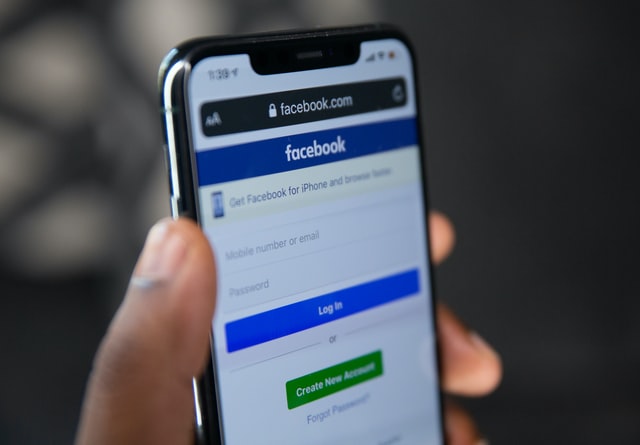Passwords have existed since ancient times, although not in the way that we know them now. Today, they are a part of everyday life, as you need your password to log in to any profile you have on the internet. Before the internet, however, we used them to gain access to an exclusive place, prove that you deserve to be let in on a secret, or, in cases of war and espionage, we used them to prove that you were on the right side. PIN codes needed to access ATMs or SIM cards, for example, are also a type of password, one for which we could say that it was a transition from ‘physical’ and digital passwords. In this article, we will talk about how to create a strong password.
In all of those situations, by knowing a password (or sometimes a counter-password too), you proved that you were (and are) trustworthy, and that has not changed much, except, with internet passwords, you are usually the only person sharing password-protected secrets with yourself.
Having a password is necessary today. A suitable password can protect your private information, conversations, or data that could be used to harm you, such as your bank or credit card information. You might not be thrown into jail or even executed by the opposing military force if you do not know a password anymore, but the risk, although a different one, is still there. Nowadays, it is not enough for you to see the password; it is also essential not to let anyone else know it.
But that makes a strong password different than a weak one? When making accounts on various websites, you were probably suggested some points to add to your password. Some of them were maybe even mandatory (at least eight characters, at least one capital letter, number, and a symbol), but how much of it works?
To start with, a piece of advice I would suggest to everyone is not to make their passwords predictable or straightforward. Your name? Name of a significant person or a pet? Date of birth or another critical date from your life? Words like ‘password,’ ‘qwerty,’ or ‘12345’ (no comment, I know)? Same password as your email address or username? Those are all the choices that will make a potential hacker’s job much more comfortable.
In 2013, Google released a list of most common password types, and all of them were deemed insecure, as they were relatively easy to guess. Be aware that a hacker can check your social media and learn lots of information about you that might help them figure your password out.
A long password is a strong password
The next thing that experts suggest is making your password long. It might be more difficult to remember, yes, but it will be much more challenging to hack. The ideal password would include a completely random mix of letters, numbers, and symbols, or a combination of unrelated words with some of the letters replaced by numbers or symbols. How to remember it then, you might wonder?
Even though people were most commonly instructed not to write their passwords down through history, when it comes to digital passwords, the situation might be a bit different. A hacker probably will not have access to your home, and therefore it is not a bad idea to write your password on a piece of paper. Even better would be to carry it in your wallet with you, as that would mean additional security.
When it comes to passwords, most people have lots of different accounts on the internet, and the temptation to use the same password for all of them can be powerful. After all, if you have a strong password, it will be safe to use for everything, right? Well, not really.
No matter how strong a password is, it is still not uncrackable, and if you are using the same password for multiple accounts, you are risking all of them being compromised if one of them is hacked. Because of that, choosing a unique password should be a priority when creating an account for anything you think will have essential data related to your life or work.
One more simple but crucial thing to remember is not to tell your password to anyone. No matter how much you trust the person, it is a risk for your account that can end up very badly. If you want to give your password to someone, try to do it in person, as writing it down in a chat message or an email leaves a potential trace for hackers to find and saying it in a call also leaves a possibility of someone listening to it.
Another useful trick (that more and more sites have been adding as an option recently) is to use a two-factor authentication method, whether through email, SMS, or a two-factor authentication app. While email and SMS might not be completely reliable options either, the app, such as Google or Microsoft Authenticator, is a great choice that will add a healthy layer of security to your account.
Visit watchdog.dev – We keep you protected, wherever you are connected.



